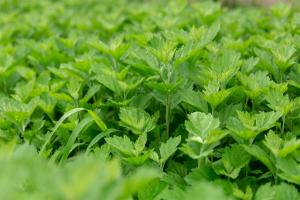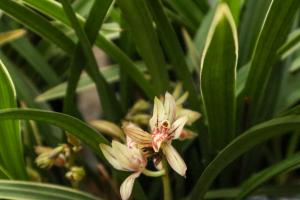Is it Safe to Water Plants with Pool Water?
As summer approaches, many pool owners are left with the question of what to do with their leftover pool water. While some may choose to simply drain it, others may consider using it to water their plants. But is this safe? Let's take a closer look.
The Chemicals in Pool Water
The first thing to consider is the chemicals present in pool water. Most pools are treated with chlorine or other chemicals to keep them clean and free of bacteria. While these chemicals are necessary for keeping the pool safe for swimming, they can be harmful to plants. Chlorine, in particular, can burn the leaves and roots of plants and cause them to die.
Additionally, pool water can also contain other chemicals such as algaecides, clarifiers, and pH balancing chemicals. These chemicals can also be harmful to plants, causing them to wilt or die.
The Impact on Soil and Microorganisms
Using pool water to water plants can also have an impact on the soil and microorganisms present in the soil. The chemicals in the pool water can disrupt the balance of microorganisms in the soil, which can have negative effects on plant growth. Additionally, some of these chemicals can lower the pH of the soil, making it more acidic and less hospitable for plant growth.
The Risks to Human Health
Another factor to consider is the potential risks to human health. While the chemicals present in pool water may not be harmful to plants, they can be harmful to humans. Exposure to chlorine and other chemicals in high concentrations can cause skin irritation, respiratory problems, and other health issues. If you choose to use pool water to water plants, it's important to take precautions to avoid contact with the water and to wash your hands thoroughly afterwards.
Alternatives to Pool Water
Given the potential risks and negative impacts of using pool water, it's best to look for alternatives for watering your plants. One option is to simply drain the pool and use the water to irrigate your lawn, which can be less harmful to plants since the grass has a more resilient root system. Another option is to invest in a rainwater collection system, which can provide a sustainable and safe source of water for your plants.
Conclusion
While it may be tempting to use your leftover pool water to water your plants, the risks and potential negative impacts outweigh the benefits. From the chemicals in the water to the potential impact on soil and human health, there are many reasons to consider alternative options. By exploring other solutions such as draining the pool or using a rainwater collection system, you can ensure that your plants stay healthy and safe throughout the summer months.

 how many times do yo...
how many times do yo... how many planted tre...
how many planted tre... how many pine trees ...
how many pine trees ... how many pecan trees...
how many pecan trees... how many plants comp...
how many plants comp... how many plants can ...
how many plants can ... how many plants and ...
how many plants and ... how many pepper plan...
how many pepper plan...






























